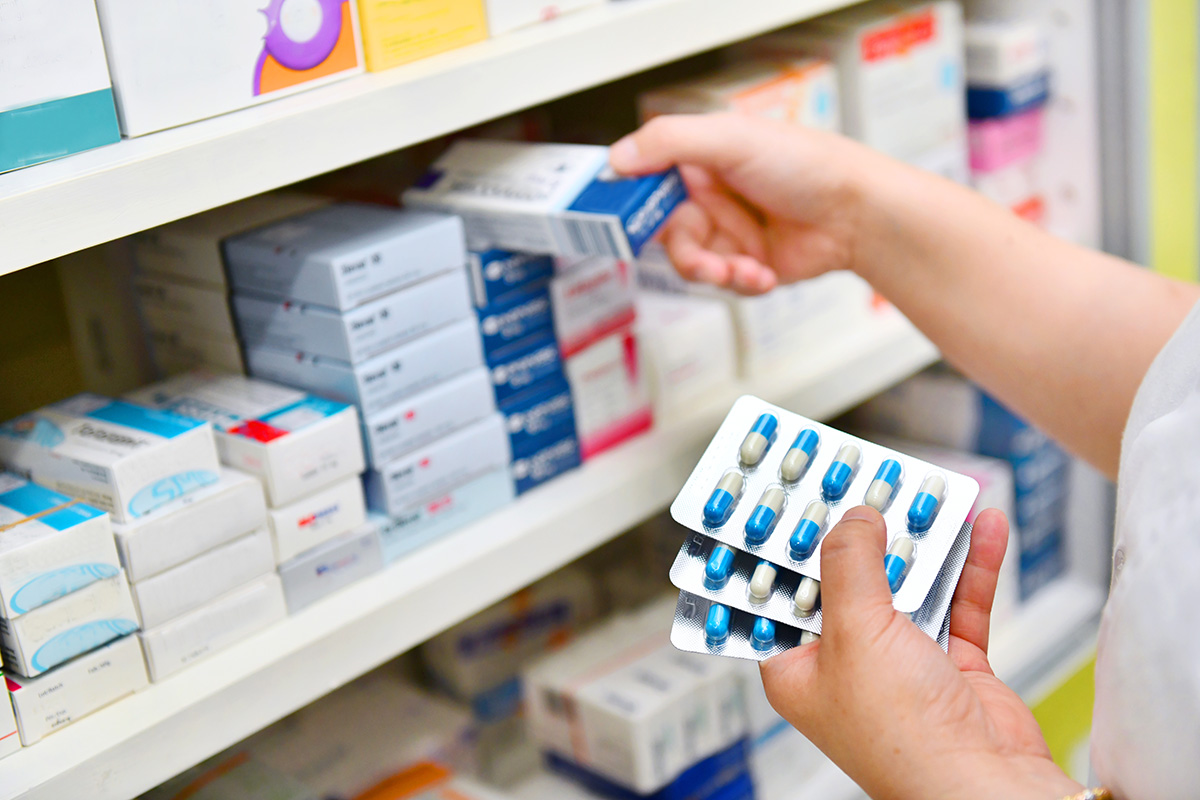Many people who develop a prescription addiction find it hard to understand how they got to their current state. They can find it challenging to consider themselves similar to people with substance use disorders tied to street drugs like heroin or meth. However, a prescription drug addiction can cause the same level of devastation without proper treatment. People from all walks of life can end up with a prescription addiction. It is possible to overcome your issues and learn to live a life of sobriety.
How Do People End Up with a Prescription Addiction?
Prescription drug abuse happens when someone misuses a medication prescribed to them by a doctor. It can include taking an extra dose of pain medication or grinding up pills to inject or snort them to feel the effects faster. Addiction can set in before a person realizes what’s happening to them.
Individuals from various age groups have fallen victim to a prescription addiction. The reasons that people become addicted to prescription drugs varies from one individual to the next. Since they are so prevalent in society, many people find it easy to get their hands on prescription drugs. Adults between the age of 18 to 25 are the most likely to misuse prescription drugs.
Older adults tend to take more medications than other age groups because of higher rates of chronic illness or changes related to a slowing metabolism. They can suffer more severe effects from a prescription addiction because they are more likely to be taking drugs that might interact poorly with each other.
What Are the Symptoms of a Prescription Addiction?
The symptoms of prescription addiction can vary because different drugs can cause different reactions when misused. Commonly abused prescribed medications include:
- Opioids — Doctors often prescribe opioid medication to help people who are dealing with pain. Examples of prescription opioids that can cause addiction include Oxycontin, Percocet, and Norco.
- Anti-anxiety and sedative medications — Prescriptions like Xanax, Valium, and Ambien are given to patients to help them deal with sleeping disorders and anxiety issues. A prescription addiction can form if people take higher doses than intended to manage their symptoms.
- Stimulants — People with disorders like ADHD may be prescribed medications like Ritalin and Adderall that they start to abuse.
People with an opioid addiction may exhibit symptoms like:
- Nausea
- Euphoria
- Lack of coordination
- Drowsiness
- Slower breathing
- Increased sensitivity to pain, requiring higher doses
Signs that a person might have a prescription addiction related to anti-anxiety medications and sedatives include:
- Confusion
- Unsteadiness when walking
- Memory issues
- Slurring of speech
Individuals who may have issues with an addiction to stimulants may show symptoms like:
- Irregular heartbeat
- Anxiety
- Agitation
- Paranoia
- High blood pressure
- Raised body temperature
- Lack of appetite
How Can You Treat a Prescription Drug Addiction?
It may be a good idea to have yourself evaluated by a doctor or other professional who specializes in diagnosing and treating addiction. They may determine that you might benefit from treatment like a medical detox program or residential treatment.
Individuals with a prescription addiction can benefit from the same kind of addiction therapy offered to those with substance use disorders tied to illicit substances. You can learn more about what caused you to start abusing prescription drugs. Treatment can provide you with the tools needed to remain sober and in a state of recovery. You can start building a support network to turn to when confronted with triggers in the real world.
Get Help With a Prescription Addiction
Midwest Detox Center offers various therapies and treatment programs designed to help people struggling with a prescription addiction, including:
- Prescription drug addiction treatment program
- Painkiller addiction treatment program
- Medication-assisted treatment
- Addiction treatment therapies
Find out more about our services by calling Midwest Detox Center at 833.647.0392, or contact us online.







